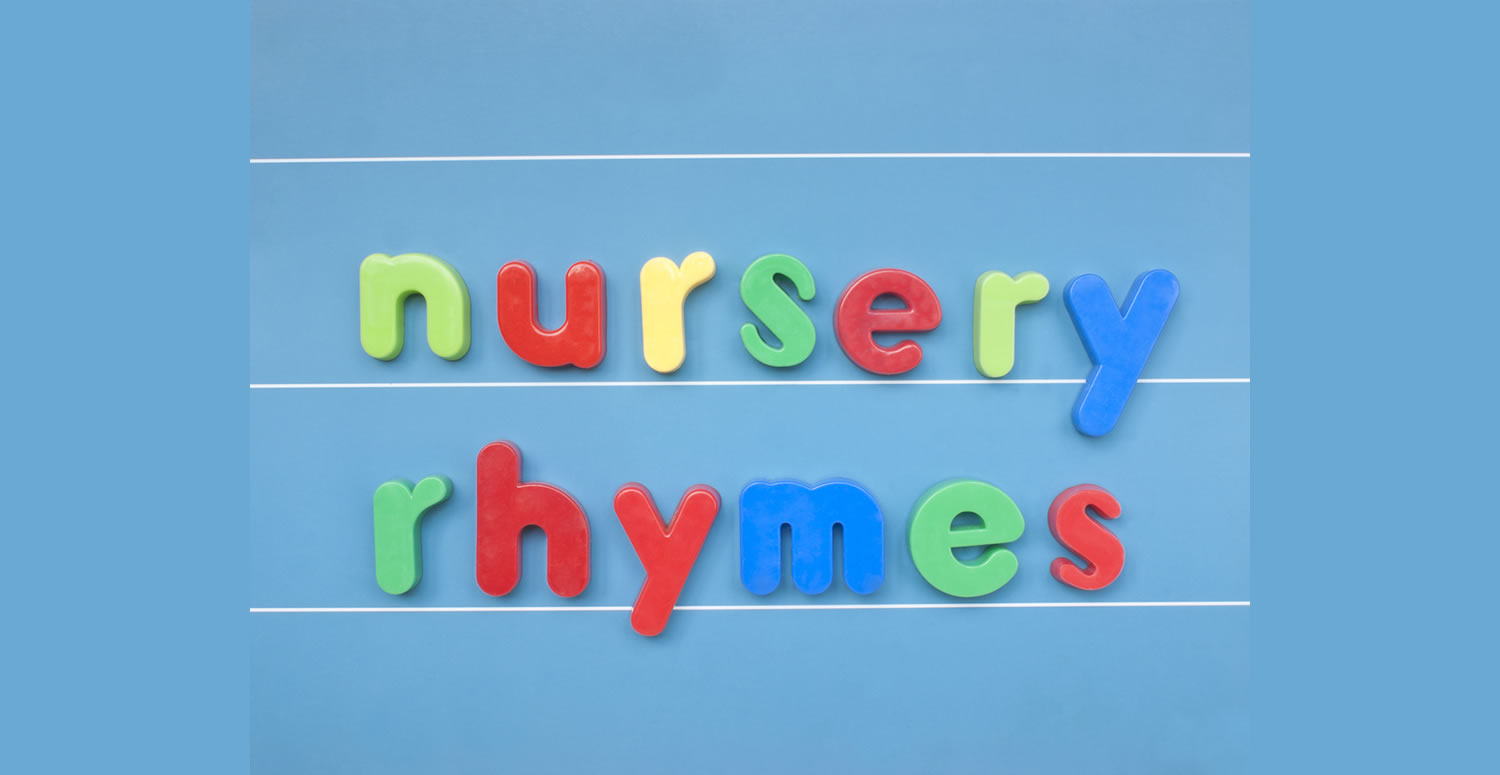World Nursery Rhyme Week
Published on Tuesday, 10 November 2020
Last updated on Sunday, 08 November 2020

Next week is World Nursery Rhyme Week (16-20 November) an annual celebration which aims to promote the importance of nursery rhymes in early childhood development and education.
More than 4 million children from 106 countries have participated in World Nursery Rhyme Week since it was launched in 2013 and it is open to early childhood educators and anyone who works with children younger than seven years old.
In 2020 participating early childhood services, children and educators are invited to take part in the Rhyme a Day Challenge, which encourages children to sing a new nursery rhyme for each day of World Nursery Rhyme Week and take part in supporting activities.
In 2020 the rhymes are:
Monday 16th – Wheels On The Bus
Tuesday 17th – Five Little Speckled Frogs
Wednesday 18th – Hickory Dickory Dock
Thursday 19th – Old MacDonald Had A Farm
Friday 20th – Miss Polly Had A Dolly
Nursery rhymes offer young children the opportunity to experience language in a fun and easily accessible format. Through listening first, children develop and grow to know the actions, melodies and eventually words through an evolutionary process which is the foundation for early literacy.
According to Playgroup NSW, the value of nursery rhymes for a child’s language and learning foundation cannot be underestimated and in addition to supporting pre-literacy skills, regular exposure to nursery rhymes can also:
- Developing phonemic awareness
Nursery rhymes teach children to pronounce words. A lot of nursery rhymes are full of interjections or funny words. They have the role of helping children repeat difficult groups of sounds with the aim of improving their speech. Above all, nursery rhymes teach children intonation and correct pronunciation.
- Building memory and articulation
Nursery rhymes are full of rhyming words, and usually it is words or groups of sounds that you don’t encounter in regular words. By introducing children to these patterns of sounds, nursery rhymes give their brain the input it will need to categorise words by their internal structure. This acts as a precursor to written language, where children have to identify the sounds of written words.
For example, nursery rhymes help a child’s brain to differentiate between syllables and to identify similarities between words that rhyme or words that begin with the same sounds.
- Understanding of concepts: painting pictures in children’s heads
When you teach a child nursery rhymes, you are contributing to their creative development and to the growth of a solid vocabulary base. What is more, children also learn to understand abstract concepts like big, small, in front, behind, first and last. The words used in nursery rhymes help children develop language comprehension by associating words with people, objects, and events in their daily life.
- Development of social routines
There are lots of fun nursery rhymes that you can sing in parts. Teaching children when they should tell their part in the rhyme contributes to the development of social skills such as turn-taking and listening.
- Listening skills
When you read nursery rhymes to children, you are telling them a story. Because of the rhyming words, the storyline, and your pronunciation, children are lured into the story and pay attention to you. This helps them make sense of the story and at the same time makes them good listeners.
The World Nursery Rhyme Week website has a range of useful resources for early childhood services wishing to participate and the good news is that it is not too late to register.
References
Related Articles

New research around storytelling and rhythmic gestures
When it comes to improving children's oral skills, it seems there is much to be gained from reading with your eyes and talking with your hands.

How music-making benefits children
The developmental benefits for young children of making music and simple cost effective ideas for boosting musical experiences in your home.

Why music is important for children in care
Why music is important for children in care.

